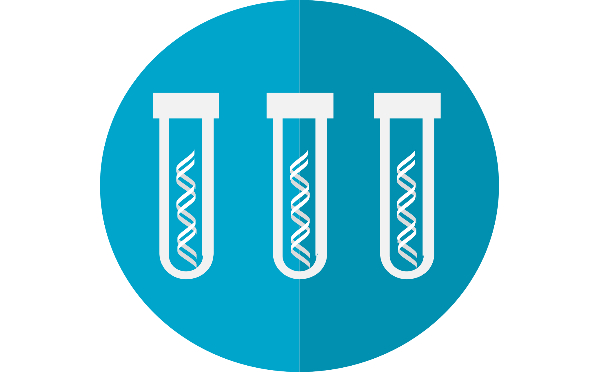Unconventional but scientifically supported methods of exploration often turn up hidden gems in our quest for optimal health. The centuries-old practice of fasting has drawn interest because it may strengthen the immune system and aid in weight loss simultaneously.
In all of its manifestations, fasting entails depriving oneself of food for a time. Periodic energy restriction and set-duration eating windows are combined in intermittent fasting (IF), a diet strategy.Alternative-day fasting (36 hours of fasting and 12 hours of eating) and time-restricted fasting (16 hours of fasting and 8 hours of eating) are two examples of IF that combine different combinations of fasting and eating windows but are still considered to be effective.
Such fasting patterns may promote autophagy, the body’s process of eliminating damaged cells and regenerating healthy ones, according to research. This is where the story of fasting’s relationship to immunity starts to emerge.
Autophagy eliminates broken parts and waste from the cell, much like a cellular recycling system. The body strengthens its defenses against illnesses and infections by making room for the new by expelling the old. Because it keeps immune cells healthy and functional, this process is essential to the immune system.
According to studies, fasting can stimulate the process of haematopoiesis, or the formation of new blood cells, which results in the production of new immune cells. This phenomenon is especially noteworthy because it revitalizes the immune system, giving the body a new set of defenses against infections. Renewing the immune cell pool helps the body fight off infections by acting as a reset button.
Who benefits from this habit the most, and how can we raise awareness of it?
Additionally, fasting can help with weight loss, improve metabolic health, and improve brain function. It lowers inflammation, encourages cellular repair, and may lessen the chance of developing chronic illnesses. Improved insulin sensitivity during fasting can help with improved blood sugar regulation.
Incorporating intermittent fasting has been shown to significantly improve symptoms for people with auto-immune diseases, including Crohn’s disease, rheumatoid arthritis, systemic lupus, and ulcerative colitis. This procedure allows for more normalized immune function by reducing the hyper-inflammatory processes that these people experience. Additionally, the starvation of cancer cells occurs during fasting, leaving them open to damage from free radicals.
Although there are intriguing benefits that fasting may have for immunity, it is important to proceed cautiously when implementing this practice. Individual reactions to fasting can differ, so it’s not a one-size-fits-all approach. Avoiding fasting is advised for those who are expecting or nursing a child, elderly, suffering from eating disorders, diabetics, people with heart disease, people with kidney problems, and people who are underweight. Before beginning any fasting regimen, it is imperative to speak with a healthcare provider, particularly for those who have underlying medical conditions.
How does fasting affect the process of stem cell repair?
The body experiences metabolic changes during fasting, which activate cellular repair systems. Research indicates that fasting can increase the regenerative potential of stem cells, though the exact pathways are still being investigated.
Dormant stem cells must awaken in order to begin the process of repair and regeneration. Fasting has rejuvenating effects on many tissues and organs, fostering an environment that is favorable to healing. The relationship between stem cell repair, immunity, and fasting in the complex dance of the human body opens up a promising path toward optimal health.
Achieving a balance between the possible advantages of fasting and personal health requirements is essential as we continue to explore its mysteries. When done with awareness and under the right guidance, fasting may really be the key to releasing the body’s natural ability to heal and strengthen the immune system. (IANS)
Topics #Autophagy #Fasting #Immunity #Intermittent fasting #Stem Cell Repair










